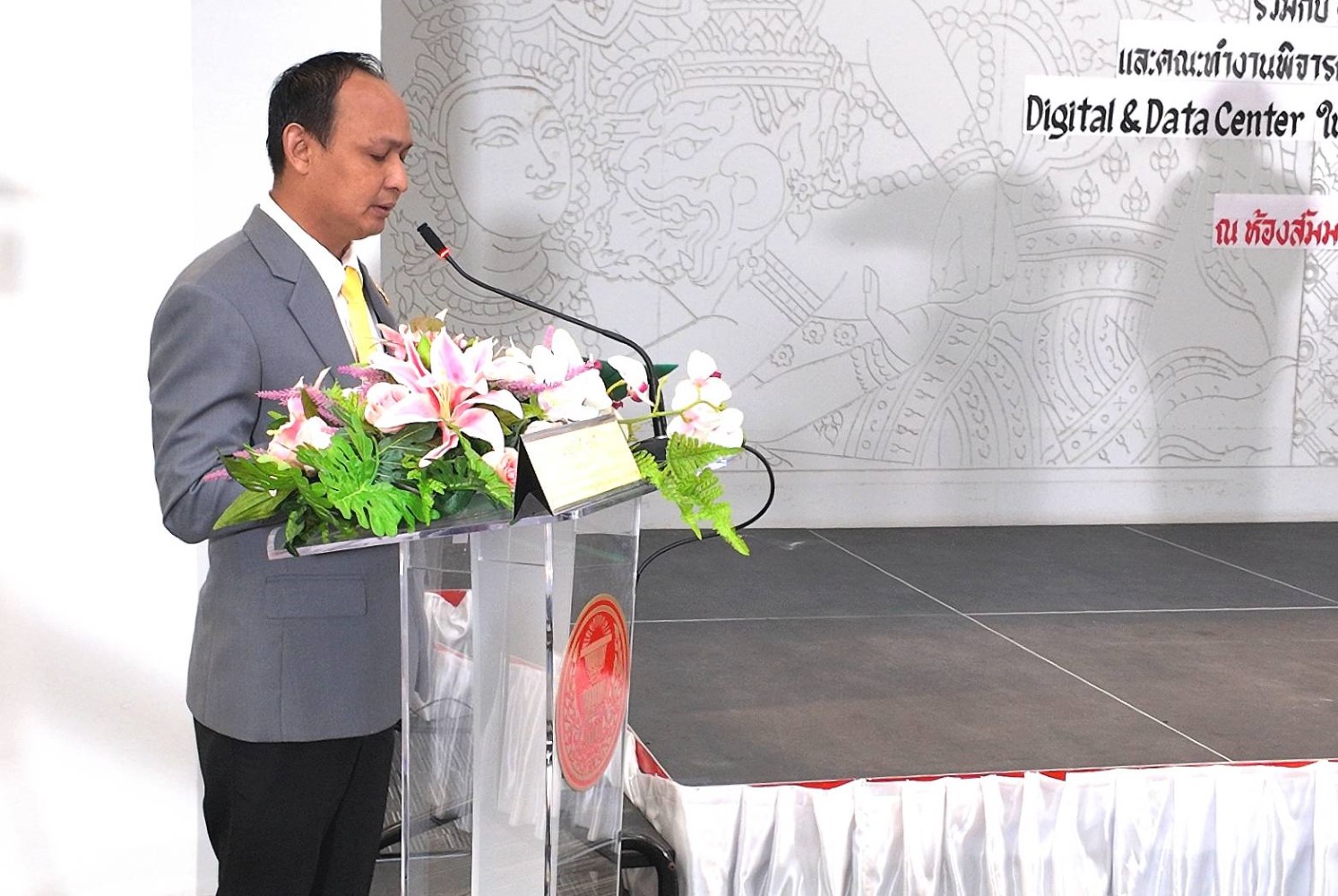How Solar Companies are Shaping the Future of Renewable Energy in 2025

The solar energy industry is experiencing rapid growth as solar companies worldwide step up to meet the demand for clean and sustainable power. With advances in solar panel technology and integral changes in global trade policy, solar providers are playing a crucial role in shaping a more sustainable future. In this article, we explore key trends, challenges, and how solar firms are adapting to the evolving landscape of renewable energy in 2025.
The Growing Impact of Solar Companies
Solar companies have become essential players in the transition to renewable energy. Businesses and homeowners are increasingly turning to solar panels to reduce costs and carbon footprints. Leading solar companies are focusing on efficiency, affordability, and adaptability. As a result, solar power is now more accessible than ever before.
Navigating Policy Shifts and International Trade
Recent changes in trade policy have significantly influenced the solar industry. In April 2025, the United States introduced dramatic new duties on solar imports from four Southeast Asian countries. These tariffs, sometimes reaching over 3,500%, directly impact the cost and availability of panels from key manufacturing hubs. According to Bangkok Post, these measures are intended to support domestic manufacturers but create new obstacles for U.S. renewable power development. This shift has led many solar companies to reconsider their supply chains, sometimes increasing domestic investment and innovation.
Even with these challenges, solar companies in other regions remain largely unaffected. As reported by pv magazine International, module prices in Europe have remained stable despite U.S. tariff changes. European solar companies benefit from redirected supply channels, keeping installation businesses active and bringing new products and intelligent energy solutions to market. This demonstrates the resilience and adaptability of the global solar sector.
Advancements in Solar Technology
Innovation is at the heart of what top solar companies deliver. From high-efficiency panels to advanced battery storage, new technologies are making solar options more compelling for a wide range of customers. Commercial projects, in particular, are driving demand for hybrid inverters, scalable storage systems, and integrated AI-powered energy management tools. By moving into new areas such as commercial storage and smart energy concepts, solar companies are helping industries meet increasingly complex energy needs.
Opportunities for Businesses and Consumers
The market for solar energy is expanding, opening up opportunities for both businesses and consumers. Solar companies are not just focusing on installation—they're offering education, design, and comprehensive energy planning. This all-in-one approach simplifies the journey toward sustainability for end-users, allowing more people to adopt solar solutions without the complexity.
What Lies Ahead for Solar Companies
Despite market fluctuations and regulatory hurdles, the solar industry continues to grow. A focus on efficiency, innovation, and smart adaptation ensures that solar companies will remain at the forefront of renewable energy efforts. The shift to localized manufacturing in some regions, combined with flexible market strategies, helps cushion the impacts of international trade disputes.
For energy consumers and businesses alike, staying informed about the latest trends and policies affecting solar companies is essential. To further explore recent policy developments and European perspectives, see this detailed analysis of solar tariffs and their global impact and this review of module prices in the European PV market.
Conclusion
Solar companies are leading the clean energy revolution. Their commitment to innovation, adaptability, and customer-centric services enables them to overcome trade challenges and regulatory changes. As technology advances and markets expand, partnering with a forward-thinking solar company can help you harness the sun's energy efficiently—making a positive impact on both your bottom line and the planet. Now is the perfect time to join the solar movement and invest in a brighter, sustainable future.